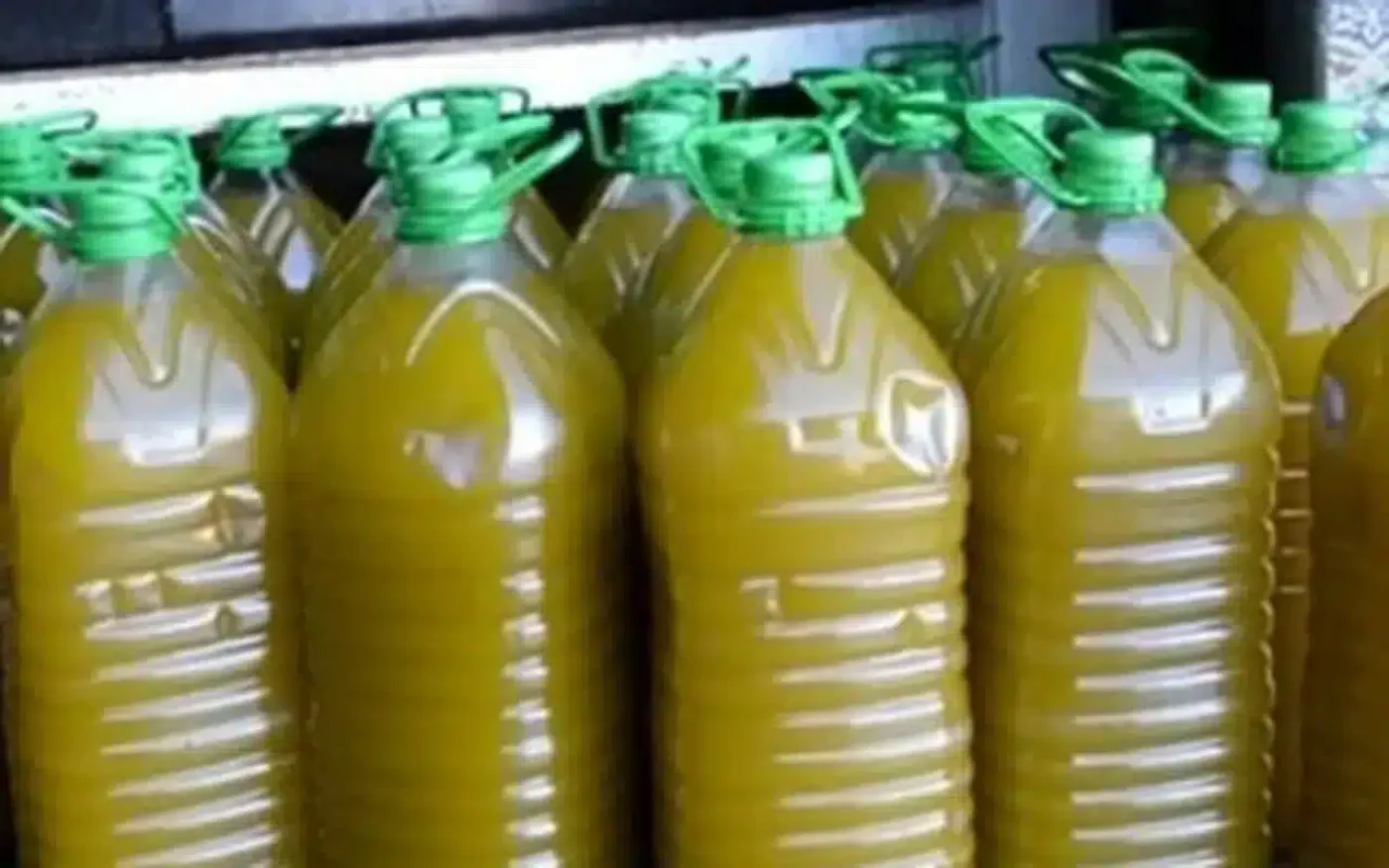
Moroccan olive oil is increasingly gaining ground in the international market, standing out for its quality and unique flavor, the result of a millenary tradition and a privileged climate. This product, rooted in Moroccan culture, offers an unparalleled gastronomic experience, and its growing popularity makes it a relevant player in the global olive oil sector.
Morocco has a Mediterranean climate ideal for olive cultivation, with mild winters and warm, dry summers. Its diverse regions, from the coastal plains to the Atlas Mountains, offer a variety of terroirs that influence the flavor and characteristics of Moroccan olive oil.
Moroccan olive oil is produced from indigenous olive varieties, such as Picholine marocaine, Menara, and Dahbia. These varieties, adapted to the Moroccan climate and soil, give the oil a distinctive flavor and unique personality.
In many regions of Morocco, olive oil is produced using traditional methods, which include manual harvesting of the olives and extraction in stone mills. This artisanal process, passed down from generation to generation, preserves the organoleptic qualities of the oil and gives it an authentic character.
Moroccan olive oil stands out for its high quality and nutritional properties. It is rich in monounsaturated fatty acids, antioxidants, and vitamin E, making it a healthy food that is beneficial for the body.
Moroccan olive oil is a fundamental ingredient in Moroccan cuisine, used in traditional dishes such as couscous, tagines, and salads. Its fruity and slightly spicy flavor enhances the flavor of food and adds a Mediterranean touch to dishes.
Moroccan olive oil is gaining international recognition, and its exports are increasing. Countries like the United States, Canada, and the European Union appreciate the quality and distinctive flavor of this Moroccan product.
The paradox is that Morocco exports olive oil to Spain when Spain is the world’s leading exporter, with more than 1 million tons annually (10 times more than Morocco). The main reason for this strange phenomenon is the price.
The cunning of Spanish distribution makes it profitable to buy cheap olive oil in Morocco and then mix it with local oils to get a better price in the supermarket. In any case, this is a practice that harms Spanish producers and the prestige of Spanish olive oil in general.
Despite its potential, the sector faces challenges such as drought and the need to modernize production techniques. However, there are also opportunities to boost the sector’s growth, such as promoting quality and diversifying export markets.
The future of Moroccan olive oil is promising. With a production of 106,000 tons by 2024, Morocco is positioned as a relevant player in the global olive oil market. The combination of tradition, quality, and authentic flavor make it a product with great growth potential.
Conclusion
Moroccan olive oil is a Mediterranean treasure that offers a unique gastronomic experience. Its quality, authentic flavor, and nutritional properties make it an increasingly appreciated product throughout the world.
Important Note: aceitedelcampo.com promotes the consumption of extra virgin olive oil for its culinary qualities and health benefits. However, no medication or current treatment should be replaced without the guidance of a healthcare professional.
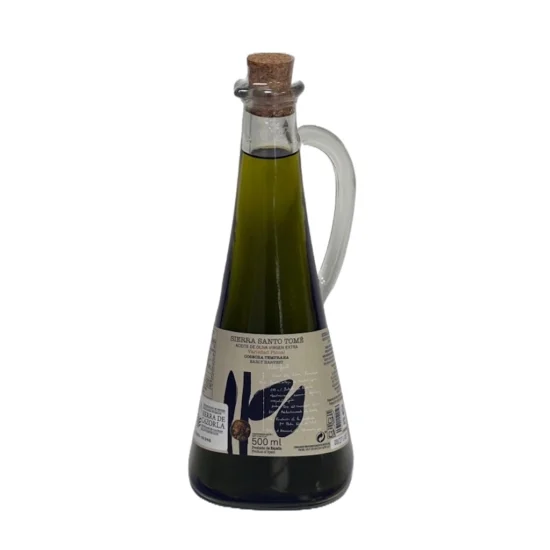
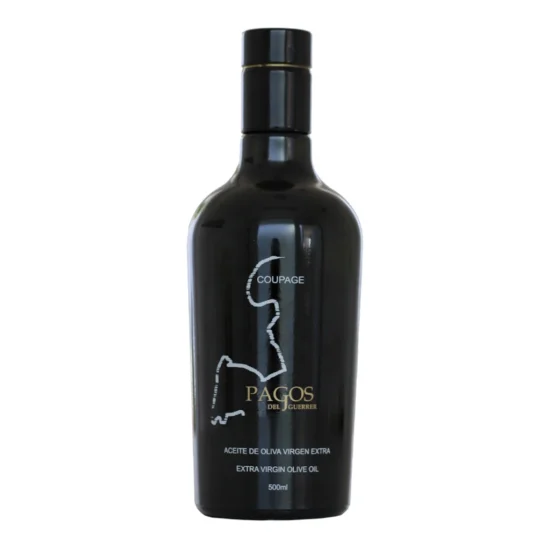
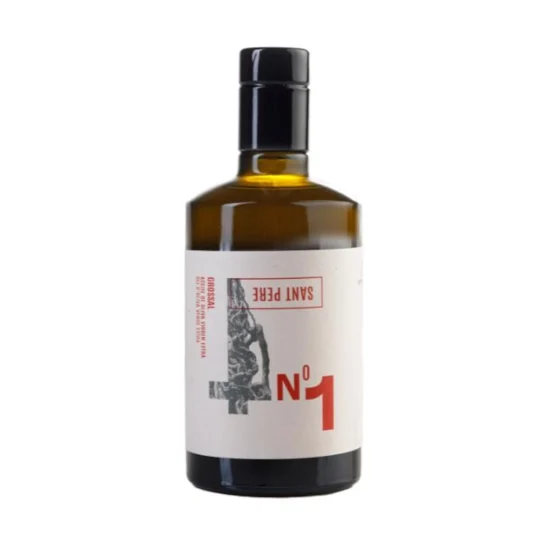
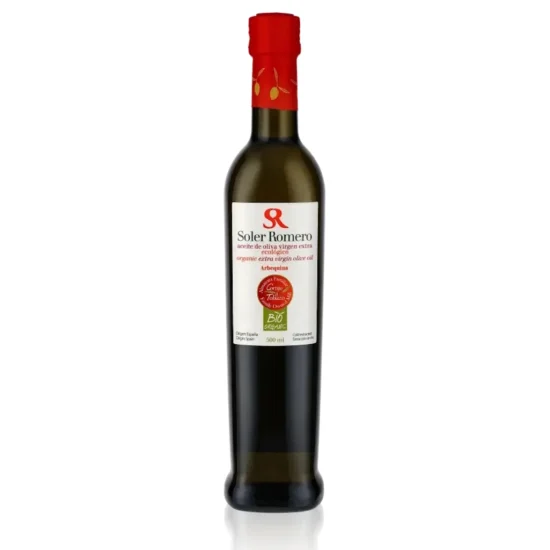
ALZAYT EXPORT SL
info@aceitedelcampo.com
C/ Eduardo Bosca 19, 2-5
46023 Valencia
Subscribe and receive a coupon by email for your next purchase.